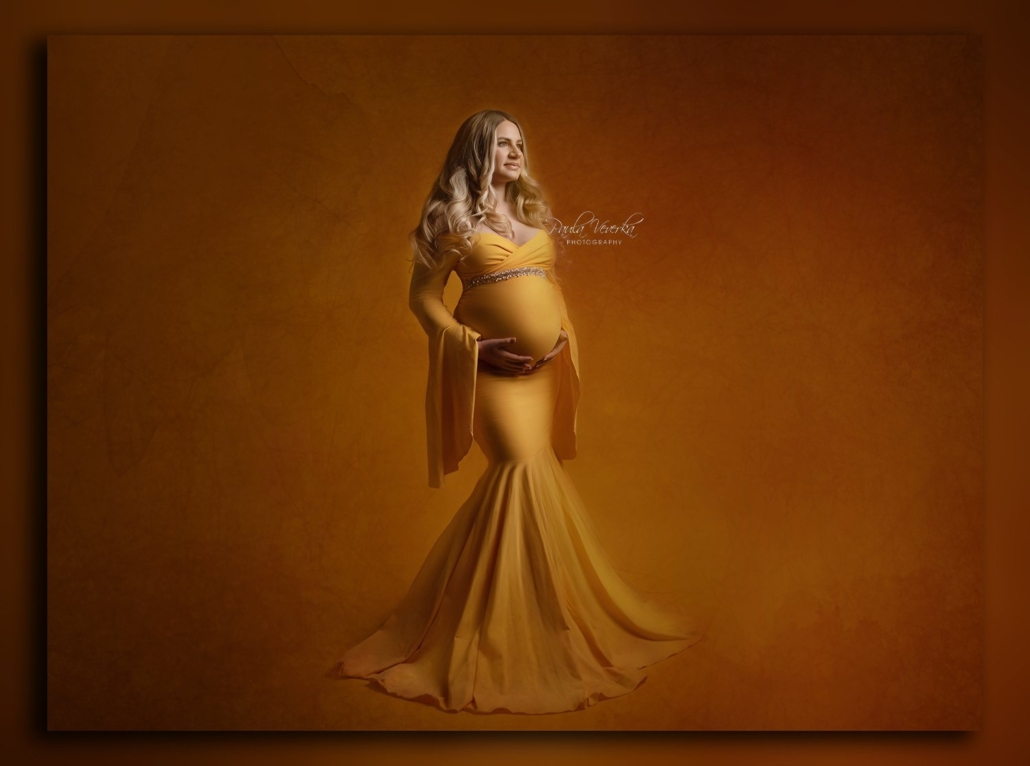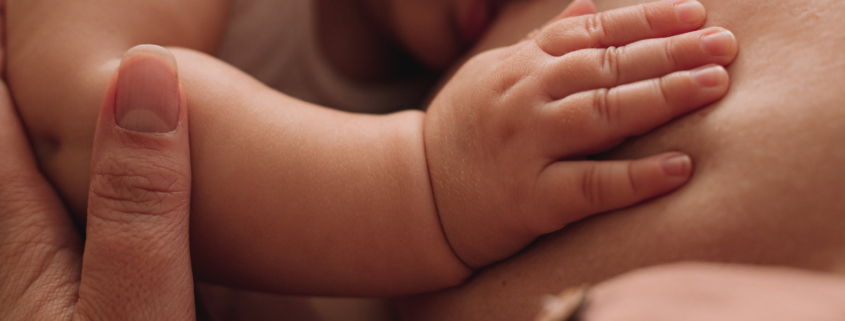The third trimester of pregnancy: What to expect
Congratulations on making it to the third trimester of pregnancy!
It won’t be long until you get to meet your little one, and reality is probably setting in that your world is about to be turned upside down in the most incredible way.
You may be feeling mixed emotions – excitement, nervousness, overwhelmed – it’s totally normal to feel this way.
The third trimester of pregnancy usually begins around week 28 and will last until you give birth. During this time, your baby will continue to grow and should move into position in preparation for labour. Sometimes though, they don’t get into the right position until the last minute, so don’t worry.
Symptoms in the third trimester of pregnancy
Braxton Hicks contractions
Braxton Hicks contractions, also known as false labour, are your body’s way of practising for the main event. They don’t usually hurt but can be a little uncomfortable as your uterus tightens and then relaxes again. Braxton Hicks contractions tend to only last for 15-30 seconds. If your contractions start to hurt or begin to happen at regular intervals, it may be a sign that you’re in labour, so contact your midwife immediately.

Nosebleeds
It’s common to experience nosebleeds during pregnancy, particularly in the third trimester when your hormones change. If this happens to you, sit or stand up and pinch your nose just above your nostrils for 10-15 minutes.
H3 Heartburn/indigestion
During the third trimester, your uterus pushes your stomach up, which can cause a burning sensation in your chest and throat. If it’s causing discomfort, speak to your doctor or midwife about remedies that are safe to take during pregnancy.
H3 Back ache
Your growing baby is putting a lot of pressure on your lower back, which can be very painful and make it hard to sleep. The pain is often worse towards the end of the day or after a long period of being on your feet. Putting a pillow between your legs when you go to bed at night can help reduce the pain.
H3 Swollen feet/ankles
Swelling of the feet and/or ankles is common in the latter stages of pregnancy. It’s caused by your body holding more water than usual. Try to avoid standing too much and wearing tight shoes. If the swelling comes on suddenly, this could be a sign of pre-eclampsia, so contact your doctor or midwife as soon as possible.
H2 Common side effects of the third trimester
H3 Difficulty sleeping
Let’s continue our exploration of the third trimester of pregnancy and… some common side effects.
Too hot, heartburn, restless legs, your baby moving – it’s not surprising that sleep can be hard to come by in the third trimester.
By this time, it’s advised that you sleep on your side as it’s safer for your baby, but your bump can make it hard to find a comfortable position for sleeping, plus it makes it almost impossible to roll over.
Needing to wee more
Thanks to your growing baby putting pressure on your bladder, you can lose count of the number of times you need to go to the toilet, especially at night when you’re trying to get some much-needed sleep.
No sooner have you flushed and washed your hands than you find yourself needing to go again. It can be tempting to reduce the amount of fluid you take in, but it’s important to keep hydrated.

Fatigue
Your body is working super-hard at the moment, so it’s common to feel more tired than normal. Listen to your body and don’t overdo it. Enjoy as much rest as you can as you won’t get much of a chance once baby arrives.
Mood swings
Your hormones change throughout your pregnancy.
Add to that the fatigue and difficulty sleeping, as well as the nerves and anxiety about your imminent arrival, and it’s understandable why your mood may be up and down during the final months. If you’re feeling particularly low, talk to your doctor or midwife.
To-do list for the third trimester of pregnancy
Get working on those pelvic floor muscles
As your baby grows, it puts more and more pressure on your pelvic floor muscles, weakening them.
It’s recommended that you start doing pelvic floor exercises when you first find out that you’re pregnant. However, it’s especially important to keep it up during the third trimester.
See your midwife regularly
Your midwife will want to see you more regularly during your third trimester.
This is to check that you and your baby are both healthy. They’ll listen to the baby’s heartbeat and check its measurements. They’ll also check your blood pressure and ask you to take a urine test to check for signs of conditions such as pre-eclampsia. It’s important to attend all your antenatal appointments and discuss anything that may be worrying you.
Create your birth plan
It’s your labour, so it’s important that you plan for the birth you want – even if it doesn’t go totally the way you intend.
There are lots of different options to consider on your birth plan – like where you’d like to give birth, what pain relief you’d like and who will cut the umbilical cord – and your midwife should discuss these options with you.
Batch cook
It may not be high on your list of priorities right now, but preparing some delicious, nutritious meals ready for when baby’s here and you’re just too tired to cook, could turn out to be the best thing you ever did. So, make some space in the freezer and get cooking. You’ll thank yourself later.
Buy the essentials
You may have already stocked up on everything you need for your little one’s arrival. But if not, now’s the time to ensure you’re prepared, as you don’t want to leave it until the last minute, just in case your baby arrives ahead of schedule. Check out our shopping guide to newborn essentials.
Pack your hospital bag
It’s a good idea to pack your hospital bag about three weeks before your due date and keep it by the front door, ready for that dash to the hospital. You’ll need to pack for you and your baby with the essential items you’ll need while you’re in hospital. Your partner will also need to pack an overnight bag if they plan on staying.
Above all, get as much rest as you can and enjoy the last few months of being pregnant. Because, as much as you might not enjoy the symptoms and side effects, it’s an amazing experience.
Paula Veverka is a specialist Maternity, Newborn and Baby photographer based in Blantyre, Glasgow.
Discover our Newborn Photoshoots at www.paulaveverka.co.uk/newborn-photographer




Leave a Reply
Want to join the discussion?Feel free to contribute!